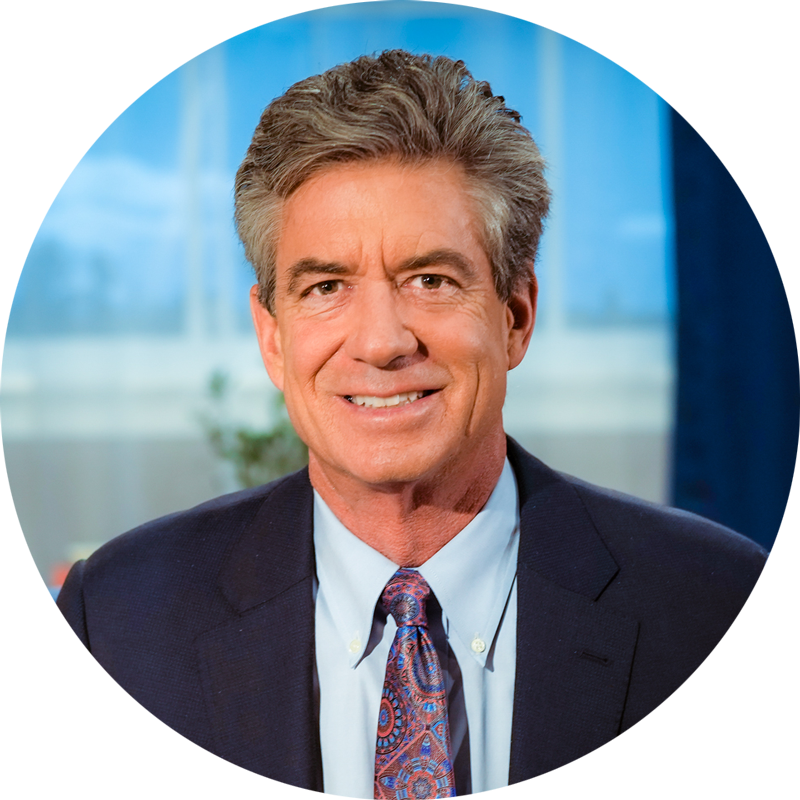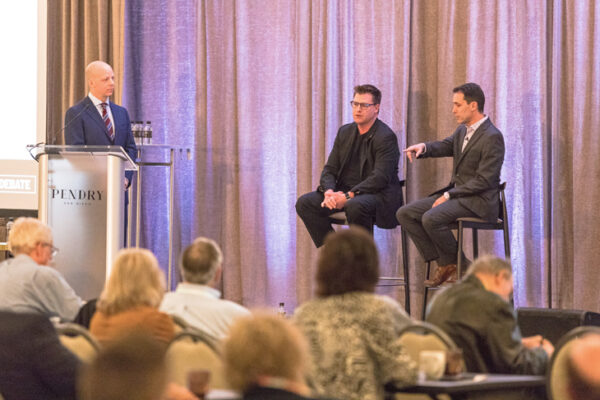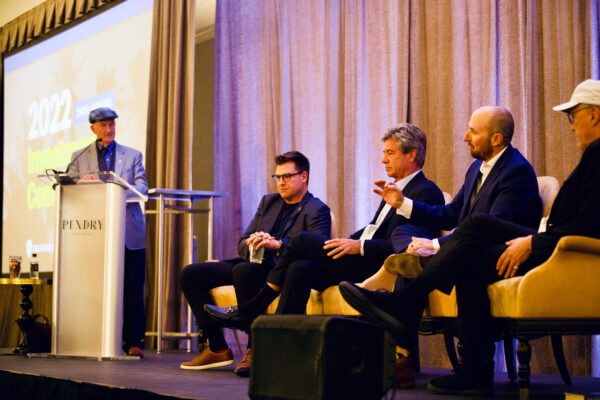The Man Who Teaches Your Kids to Hate Capitalism
- Last week, Alex discussed a recent debate of socialism versus capitalism that he attended.
- How is it possible that socialism won? Our free market system provides endless opportunities where socialism has continually failed.
To be a successful investor, you have to understand a few basics about how the economy works.
You also need to know what doesn’t work. Indeed, what has never worked.
One of those things is socialism, currently favored by millennials and Gen Xers.
Two weeks ago, my mind was blown when the audience at an Intelligence Squared debate in New York City fell for the bogus arguments, misstatements of fact and outright falsehoods of Marxist economist Richard D. Wolff.
Wolff insists that the capitalist system has been exempt from criticism for the last 75 years, but people like him are finally breaking the taboo.
Who knew that there was no First Amendment and dissenters like Wolff have been prevented from speaking out (despite his many books and lectures)?
Perhaps a better explanation is that most Americans are grateful for a free market system that allows them to go as far as their talent, ambition and a bit of luck will take them.
Wolff claimed that his debate opponent, John Mackey, founder and CEO of Whole Foods, sold his company to a “monopoly” – Amazon.
Even a first-year economics student knows that a company is a monopoly only if it has exclusive control of a market.
Amazon is responsible for less than half of U.S. e-commerce.
In Wolff’s world, a small company that becomes large by satisfying and delighting its customers is a monopoly, and therefore to be condemned and broken up.
He argued that the Soviet Union was “the fastest-growing economy of the 20th century.”
Talk about alternative facts.
I’m sure Wolff can cite some Soviet-era statistics to bolster this ridiculous claim.
That Russians routinely stood in bread lines and the country couldn’t manufacture a decent pair of blue jeans – much less a functioning automobile – is no concern for those enamored with a five-year plan.
Three times Mackey challenged Wolff to name a country where socialism had been successful.
Yet Wolff is hard of hearing, apparently. He never addressed the question. He never told the truth.
He has answered that question willingly in the past, however.
Wolff is on record as an unabashed admirer and enthusiastic supporter of the Hugo Chávez and Nicolás Maduro regimes in Venezuela.
And like socialist regimes elsewhere, those ultimately led to economic collapse, social unrest and authoritarianism.
Want a good laugh? Here is a clip of Wolff on Fox Business making the preposterous claim that the collapse of Venezuela was due to lower oil prices.
(Would it be rude to point out that a consequent rebound in oil prices didn’t improve the situation any?)
Yet something else in the clip isn’t so funny.
Noting Venezuela’s economic implosion and the government’s violence against its own people, Wolff said, “It’s like making an omelet. You gotta break the eggs.”
Really? To achieve your socialist utopia, it’s okay to crack open some skulls along the way?
Let’s look at what the omelet-makers in Venezuela have achieved.
The economic crisis that began under Chávez and continued into the presidency of Maduro has resulted in inflation of more than 58 million percent (that’s not a misprint), sky-high unemployment, hunger, disease, rampant crime, dramatically higher mortality rates, human rights violations and massive emigration.
Eighty-seven percent of Venezuelans live in poverty. Adults routinely scavenge garbage bins for food. Children are starving – and die from lack of medicine.
The average citizen has lost more than 23 pounds, something people on the street refer to as “the Maduro diet.”
If Wolff had an ounce of intellectual integrity, he would stand at the podium and offer an abject apology for his past (and present) economic views.
Instead he was smug, self-righteous and condescending. Feel free to watch the debate here yourself.
And ponder the fact that people like Wolff are out there teaching economics to your children and grandchildren.
I do want to mention one behind-the-scenes moment that brought tears to my eyes… tears of laughter.
During the Q&A session, a young man in the audience stood up and lamented that he would never be able to buy a car or a house.
Why? Because rich people have so many cars and houses.
After the debate, I saw him and Wolff locked in an embrace, comrades in arms… fellow travelers… intellectual giants.
[adzerk-get-ad zone="245143" size="4"]About Alexander Green
Alexander Green is the Chief Investment Strategist of The Oxford Club, the world’s largest financial fellowship. For 16 years, Alex worked as an investment advisor, research analyst and portfolio manager on Wall Street. After developing his extensive knowledge and achieving financial independence, he retired at the age of 43.
Since then, he has been living “the second half of his life.” He runs The Oxford Communiqué, one of the most highly regarded publications in the industry. He also operates three fast-paced trading services: The Momentum Alert, The Insider Alert and Oxford Microcap Trader. In addition, he writes for Liberty Through Wealth, a free daily e-letter focused on financial freedom.
Alex is also the author of four New York Times bestselling books: The Gone Fishin’ Portfolio: Get Wise, Get Wealthy… and Get On With Your Life; The Secret of Shelter Island: Money and What Matters; Beyond Wealth: The Road Map to a Rich Life; and An Embarrassment of Riches: Tapping Into the World’s Greatest Legacy of Wealth.






